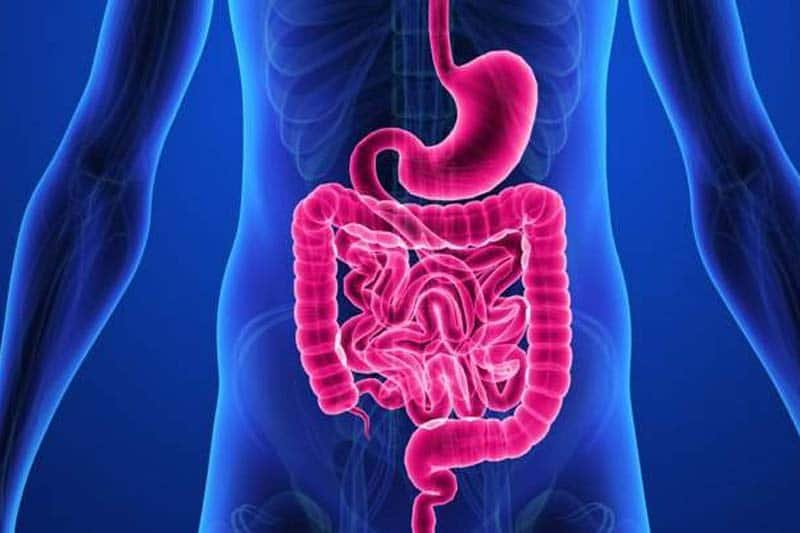How BPC-157 Can Help Crohn’s Disease : Beatrice has been experiencing noticeable changes in her digestion. She often has abdominal cramps and pain. Using the bathroom has become difficult and Beatrice has seen blood in her stool. She often has to rush to a bathroom, interrupting her daily work and home life. Even when she sleeps well, she has been feeling extremely tired throughout the day.
Also, she has lost weight even though she has not changed her exercise routine. In fact, she has been eating less than usual. Beatrice sets up an appointment with her family doctor and tells him about her symptoms. Her doctor orders some tests. In her follow-up, Beatrice’s doctor tells her that she has Crohn’s disease.
What Is Crohn’s Disease?
Crohn’s disease is one of the numerous inflammatory bowel diseases (IBDs). It is a chronic inflammatory disease of the gastrointestinal tract. Crohn’s usually affects the end of the small bowel into the colon. Technically, it can affect any portion of the gastrointestinal tract stretching from the mouth to the anus. The most common symptoms are rectal bleeding, diarrhea, an urgent need to use the bathroom, pain and cramping in the abdomen, constipation, and the feeling that someone cannot finish defecating. Other possible symptoms are loss of appetite, fever, fatigue, weight loss, and night sweats. In addition, women with Crohn’s may experience changes in their menstrual cycle.
Symptoms of Crohn’s are similar to some other IBDs, which makes a doctor necessary for proper diagnosis. Because Crohn’s is a chronic disease, people experience times where symptoms subside (or even disappear entirely) and then resurge. Severe cases of Crohn’s can cause tearing in the lining of the anus. This causes rectal bleeding and pain. Crohn’s causes inflammation, which can lead to a fistula. Fistulas require immediate medical treatment, as they can connect intestines to each other or to other parts of the body.
The exact causes of Crohn’s disease are not currently understood. It is possible that genetics and environmental factors may cause the disease. However, while stress and diet content can exacerbate symptoms, it is known that these are not the causes of Crohn’s. Inflammation occurs as a result of improper immune response to bacteria. This inflammation does not subside properly, leading to chronic inflammation and symptoms.
What Is BPC-157?
BPC-157 is a recently studied synthetic peptide used to repair both the brain and gut. Derived from a protein found in the stomach, BPC-157 has 15 amino acids (which does not occur naturally). The peptide has shown promising results in studies conducted on IBDs in rats.
How Can BPC-157 Help With Crohn’s?
BPC-157 may help reduce swelling in the gut and repair damage caused by chronic inflammation. It can help cells of the intestinal wall to regenerate. Since Crohn’s disease damages the gastrointestinal tract and causes chronic inflammation in the tissue, repairing tissue damage is vital. It also works as an antiulcer agent. It should be taken under medical supervision to avoid any BPC 157 side effects.
AgeForce’s BPC-157 Body Protection Compound is a transdermal time-release skin patch that eliminates the need for injections, pills, and liquids. This makes it easy to get the desired daily dosage and target specific parts of the body.
Related Videos about How BPC-157 Can Help Crohn’s Disease :
What is Crohn’s Disease?
BPC157 Review
https://www.youtube.com/watch?v=lxBFmliw_mk
BPC-157 A Miracle Cure?
What is BPC157 and how does it work?
BPC-157 PEPTIDE with Crohn’s Disease
How BPC-157 Can Help Crohn’s Disease
bpc 157 ulcerative colitis, bpc 157 tablets, bpc 157 gut healing, bpc 157 cycle length, bpc 157 serotonin, bpc 157 nerve damage, bpc 157 erectile dysfunction, bpc 157 arthritis,




